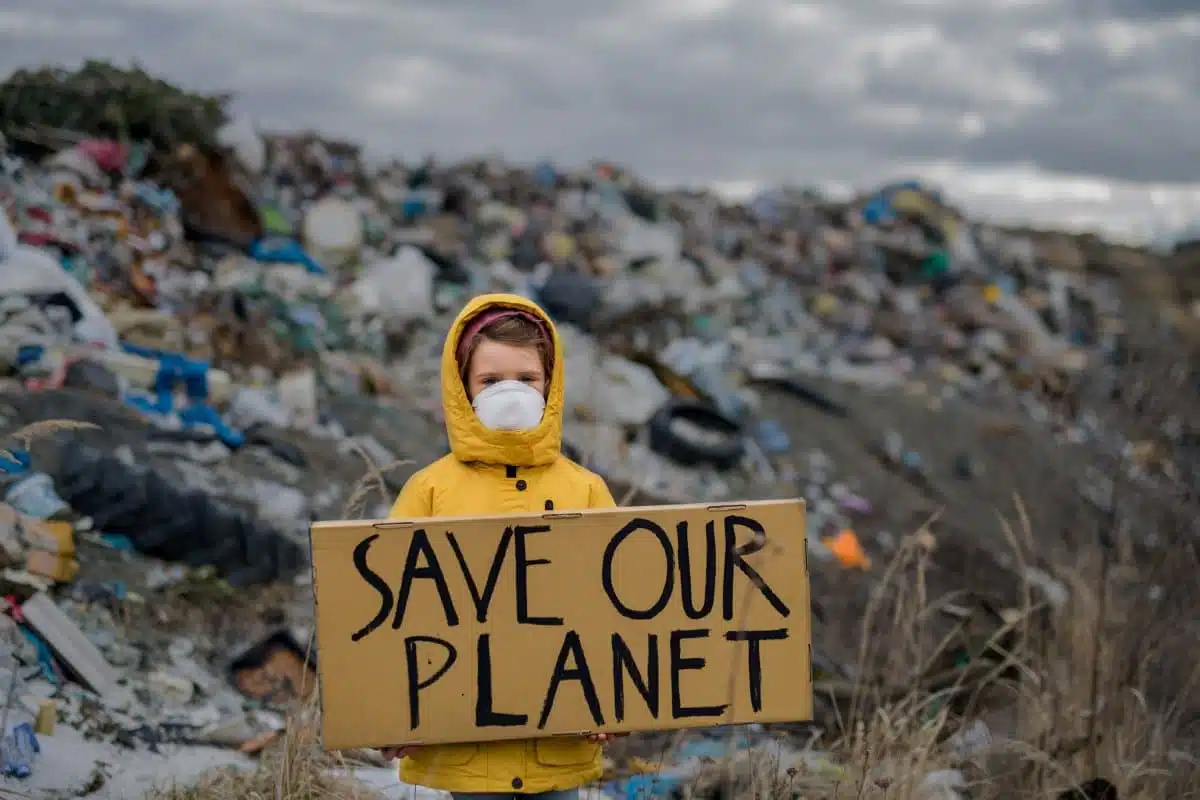In 2023, the world faced its hottest year on record since 1880, with projections indicating that temperatures will continue to rise. This escalating crisis was underscored at the February UNFCCC meeting in Dubai, where experts emphasized the urgent need to halve global greenhouse gas emissions by 2030 to avert catastrophic climate outcomes. Despite these warnings, emissions hit a record high last year, and current measures are insufficient. The G20 nations, responsible for about 80% of global emissions, are particularly pivotal in this effort. Simon Stiell of the UNFCCC highlighted the necessity for revamped climate finance strategies and better support for developing nations to foster effective global cooperation in tackling climate change. As we approach critical thresholds, the decisions made now are crucial in shaping our environmental future and preventing irreversible damage.
A Record-Breaking Problem
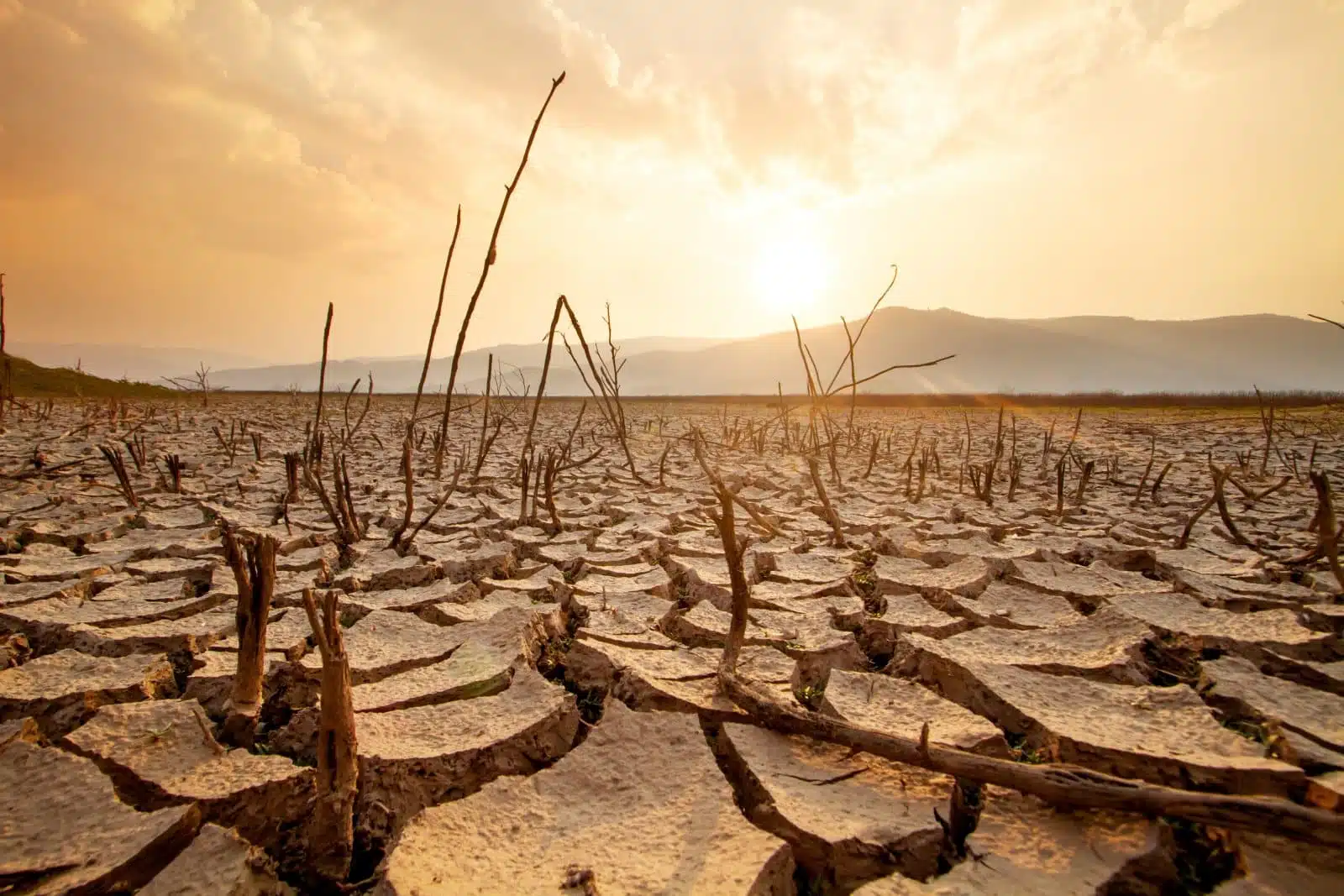
Image Credit: Shutterstock / Piyaset
2023 was the hottest year since records began around 1880. It’s expected that 2024 and the following years will keep breaking those records.
A Changing Climate
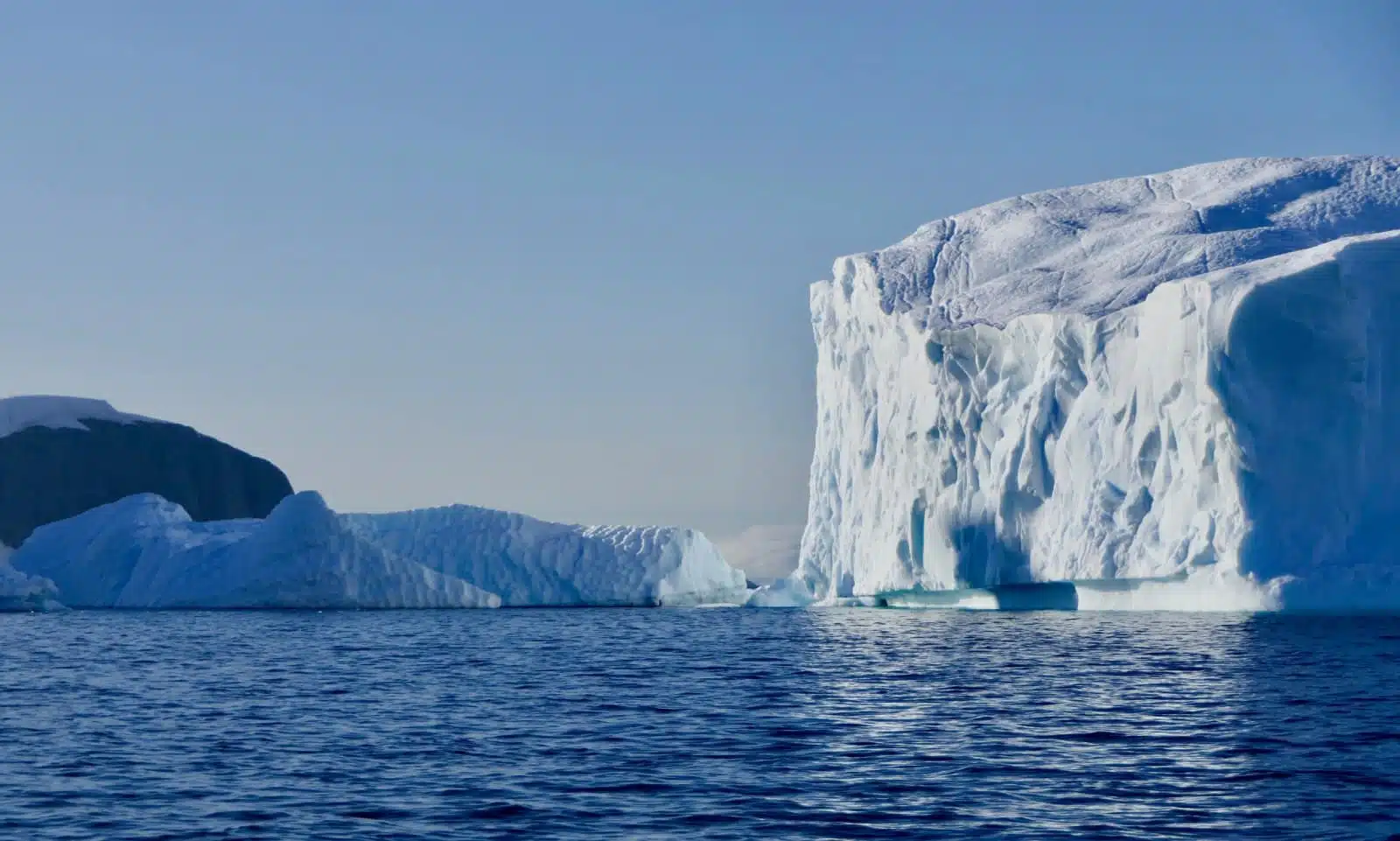
Image Credit: Shutterstock / Harald Lang
We can’t deny that climate change is happening, and things are heating up. We are fast approaching the point of no return regarding saving our planet.
Time for Action

Image Credit: Shutterstock / Ground Picture
In February, the United Nations Framework Convention on Climate Change (UNFCCC) occurred in Dubai. The U.N. says we have two years to avoid even worse consequences.
Expert Opinions
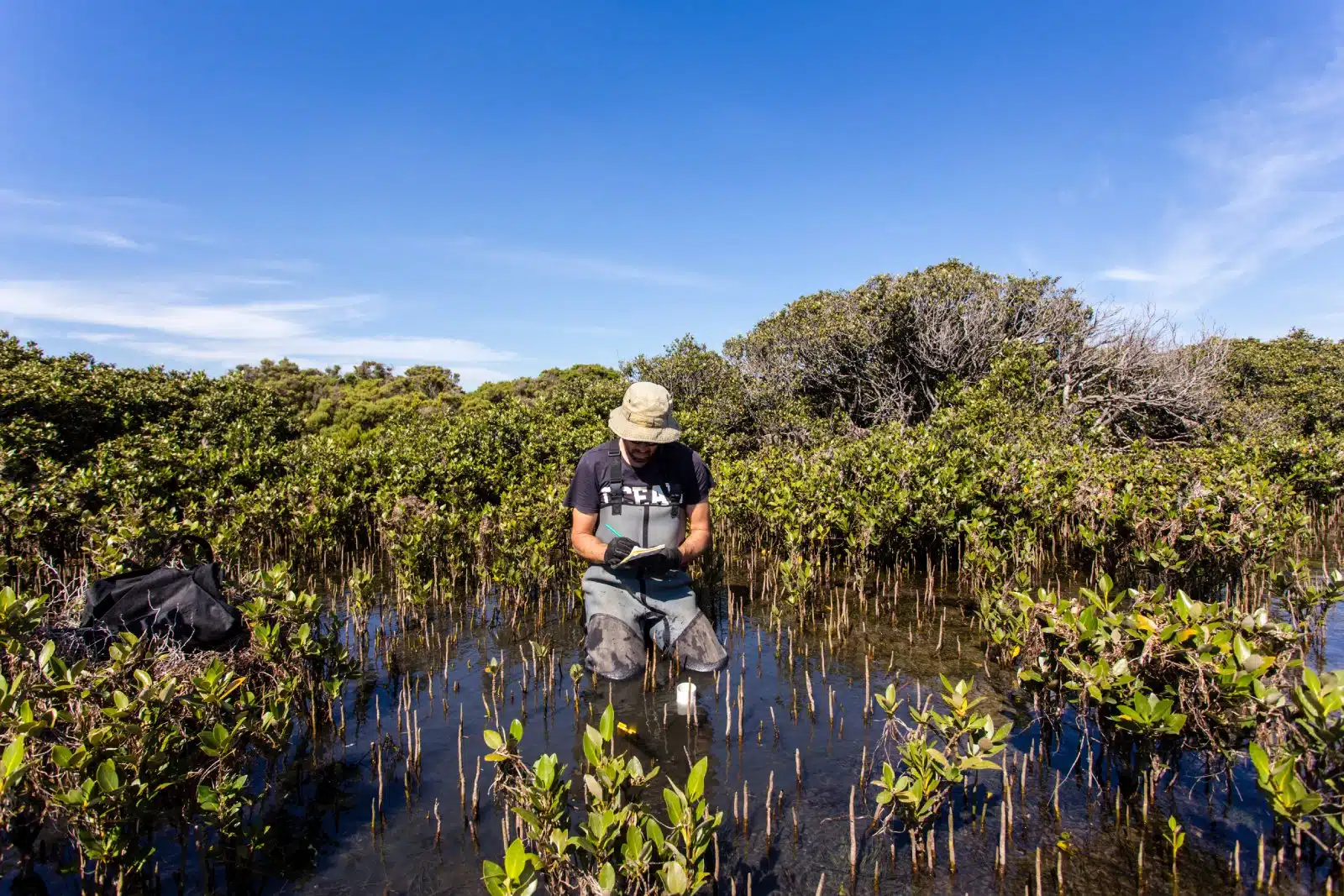
Image Credit: Shutterstock / I. Noyan Yilmaz
Scientists say we must cut greenhouse gas emissions by half by 2030, but they continue to increase. Last year’s emissions were also a record high, and current plans aren’t enough to make any real impact.
A Collective Effort

Image Credit: Shutterstock / fizkes
According to the UNFCCC’s executive secretary, Simon Stiell, “G20 emissions are around 80% of global emissions”, meaning that the group and its leadership have a chance to make a real difference.
Running Out of Time
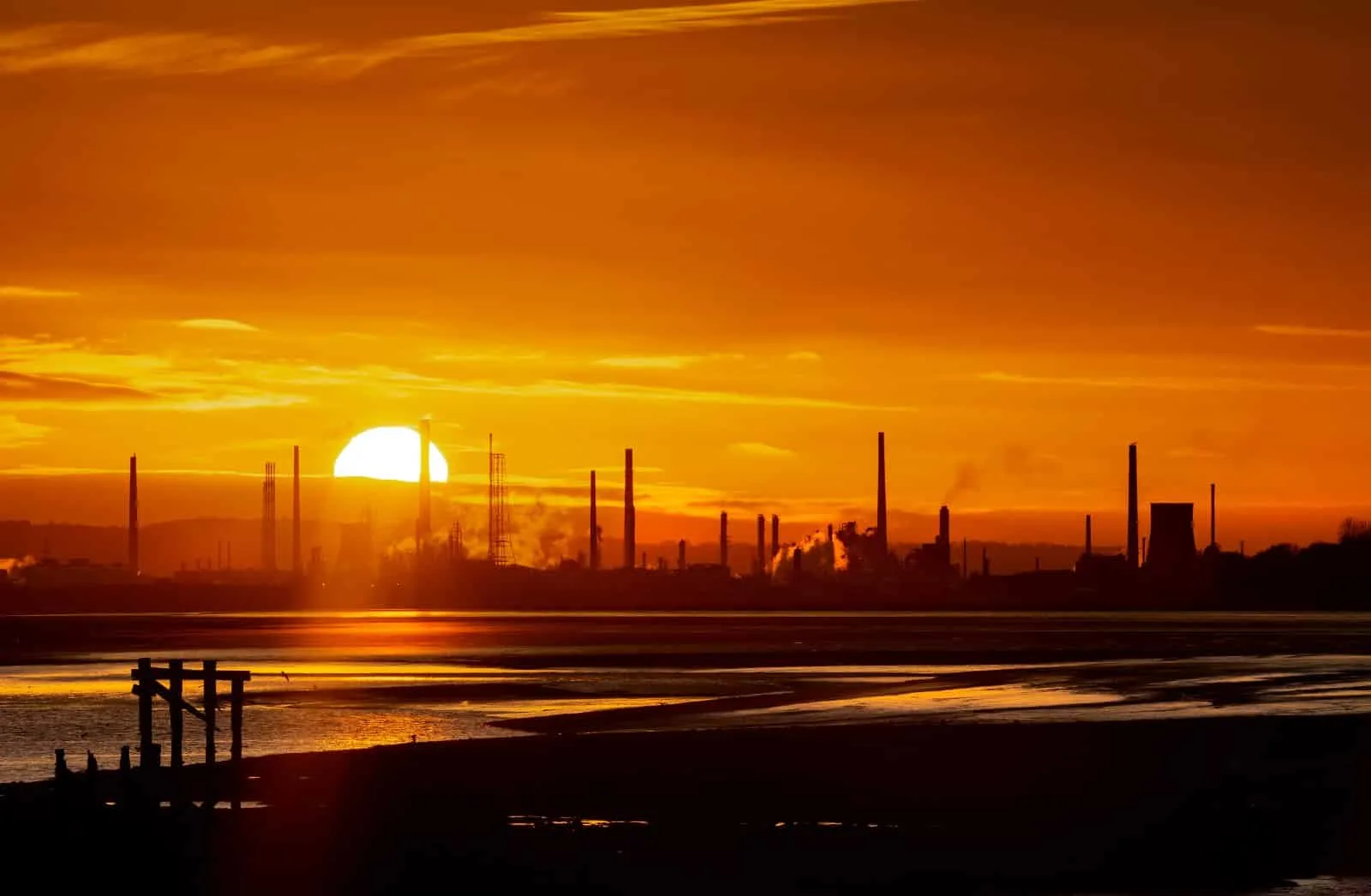
Image Credit: Shutterstock / Junk Culture
Stiell’s speech on April 10, titled “Two years to save the world…” highlights the necessity of action. And that action needs to be swift, effective, and collaborative.
Facing the Problem
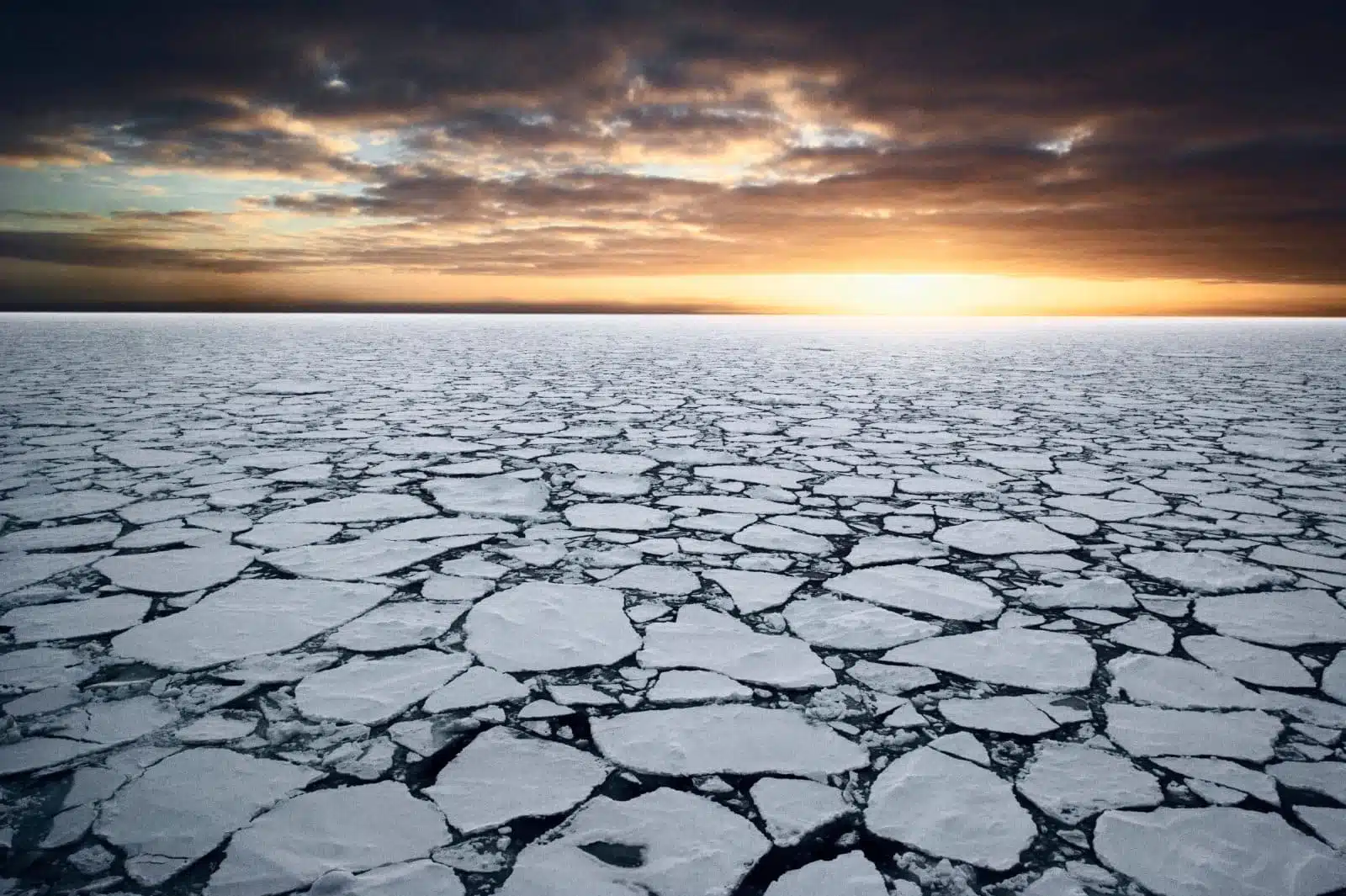
Image Credit: Shutterstock / Junk Culture
If we don’t address drought and overheating issues, the planet will experience more dramatic changes.
Suggestions From the UNFCCC
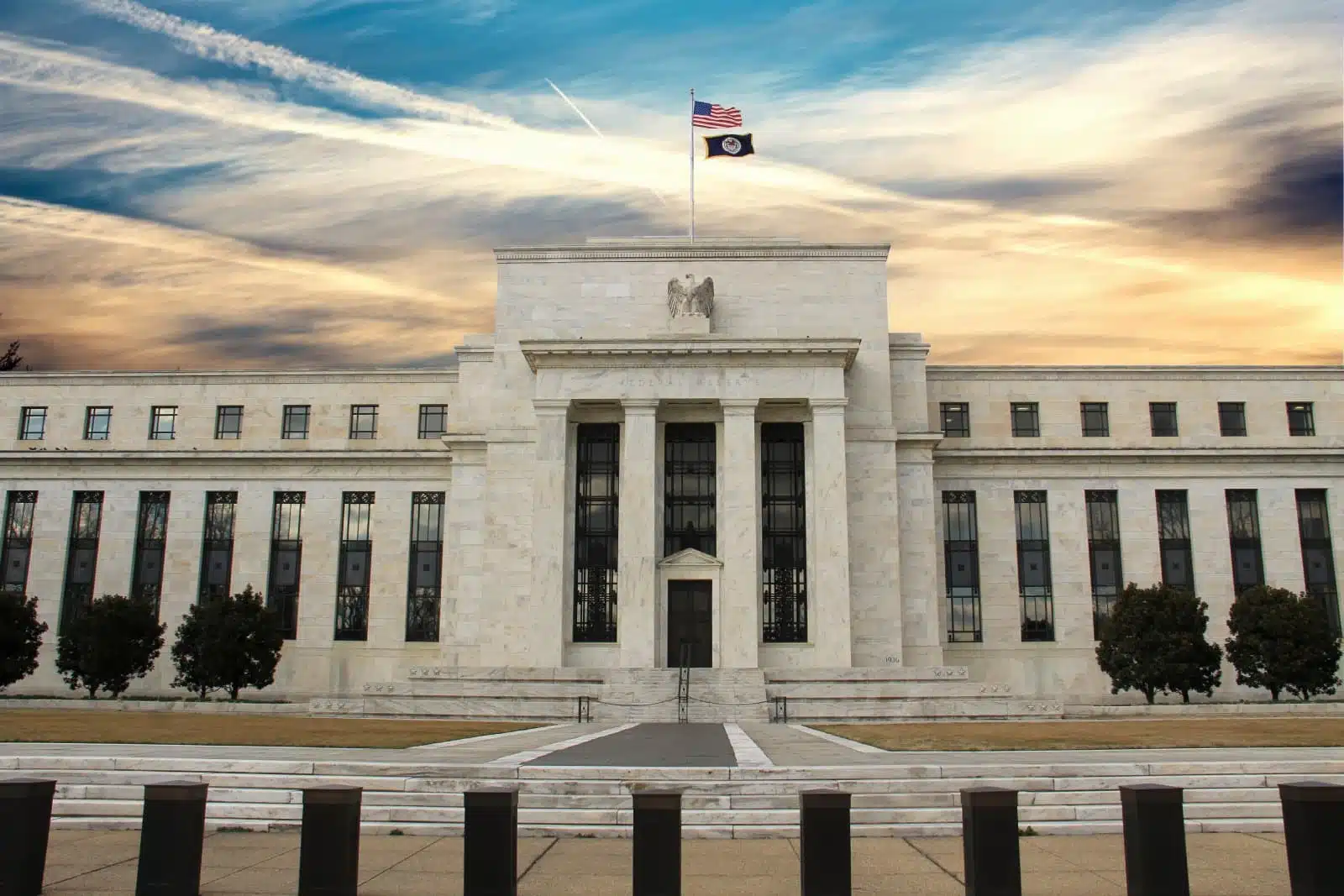
Image Credit: Shutterstock / MDart10
Stiell said that a new deal on climate finance, comprising four parts, is needed. This will involve developed and developing countries working together for the greater good.
A Call for Reform

Image Credit: Shutterstock / Julian Prizont-Cado
One key thing Stiell called for is the reform of development banks to make them fit for the modern day and more beneficial to developing countries.
Developing Countries
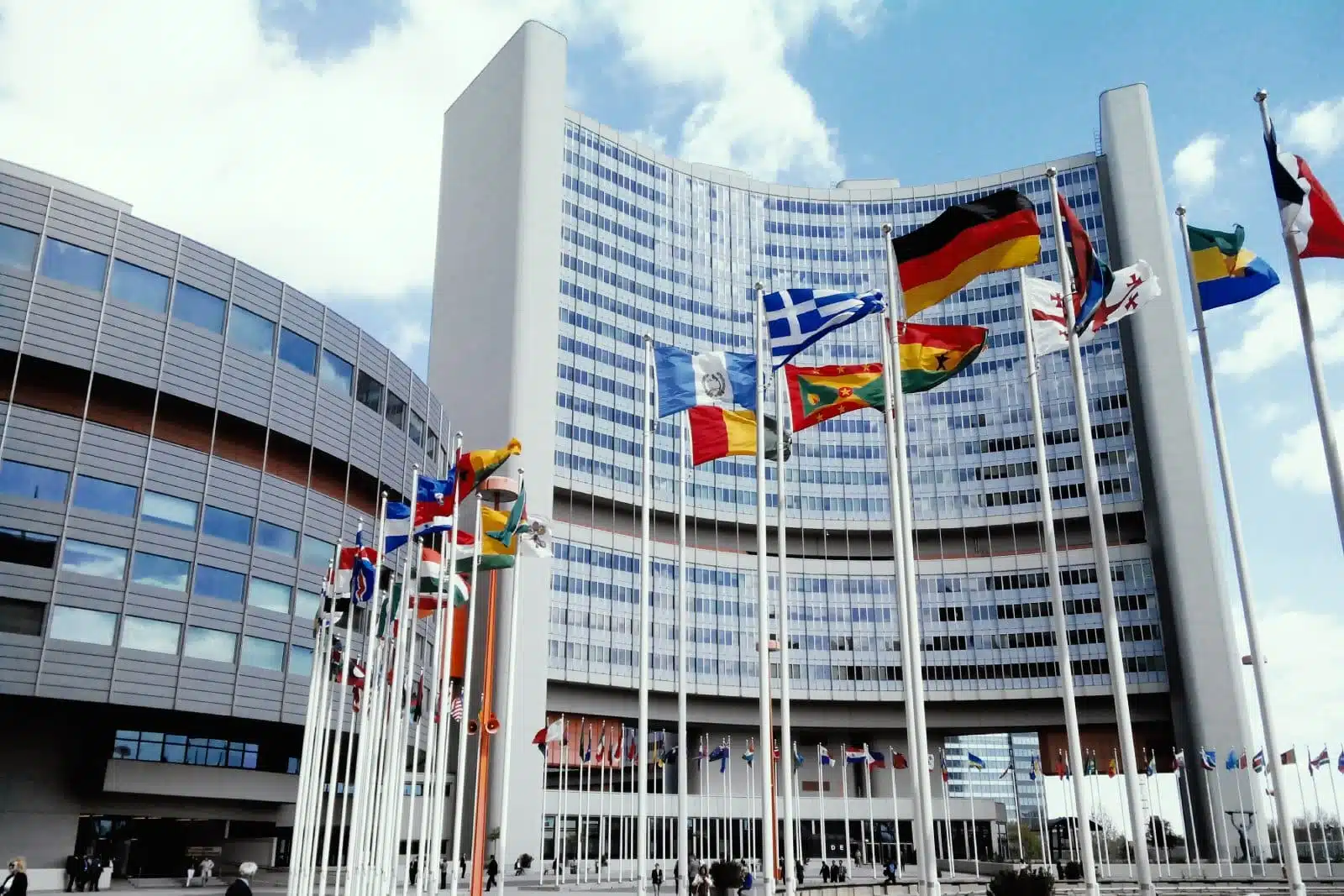
Image Credit: Shutterstock / Max Sky
Developing countries need significant assistance to invest in saving the climate and the future. Suggestions include relieving debts to free up money, fostering wider cooperation, and using funding such as the Catastrophe Containment Relief Trust.
Problems at Home
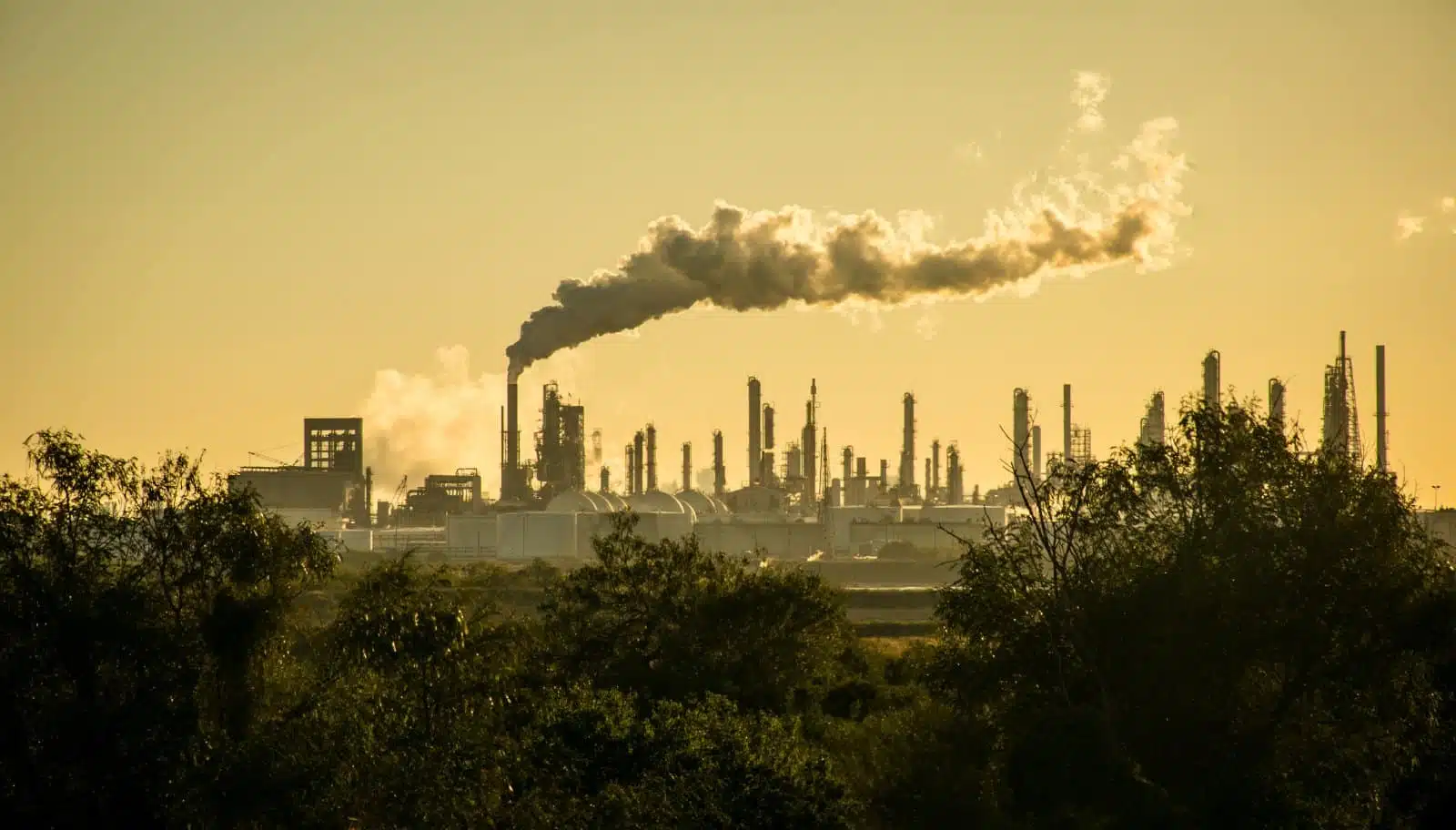
Image Credit: Shutterstock / Roschetzky Photography
Climate change and its effects can impact everyone. The UNFCC references problems such as the rising costs of transport, heating, food, and electricity as all related to climate disasters. For example, drought causes crop failure, pushing up food prices.
Demand for Change
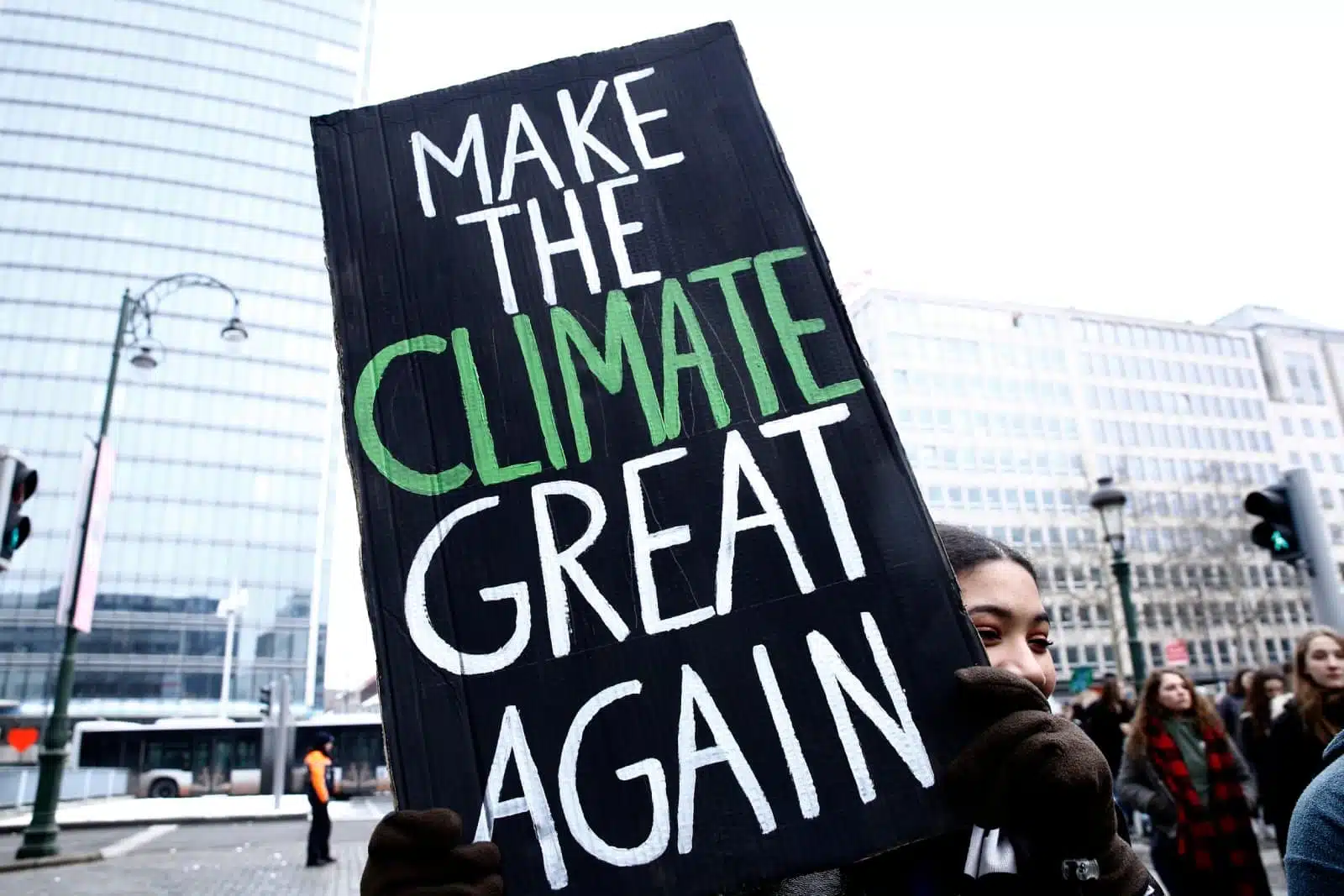
Image Credit: Shutterstock / Alexandros Michailidis
Stiel’s speech included a statistic from a Gallup survey of 130,000 people in 125 countries: “89% want stronger climate action by governments.“ He suggested that everyone needs to raise their voice and push their government to take the action that individuals can’t.
Closer to Home
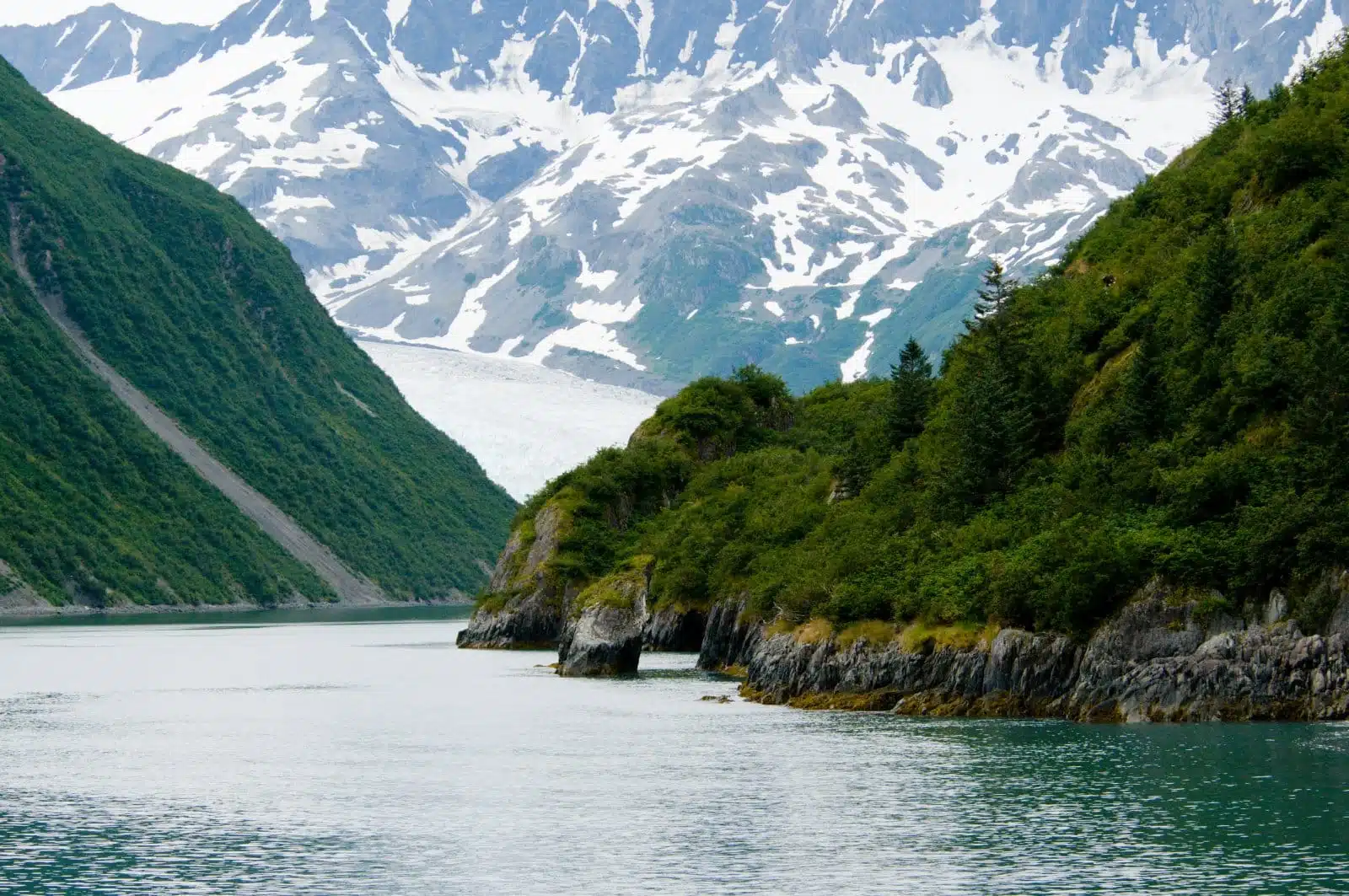
Image Credit: Shutterstock / Elliot Hurwitt
So what can the US expect this year? The US National Oceanic and Atmospheric Administration has predicted above-average temperatures this spring for Alaska. However, the warmer winter means less snow cover, so the risk of flooding will actually not be higher.
Extreme Weather

Image Credit: Shutterstock / Octofocus2
There were 25 extreme weather events in the US last year, with 464 deaths. Financial costs were over $1 billion, including lost homes, infrastructure, and physical and mental health problems.
A Variety of Issues
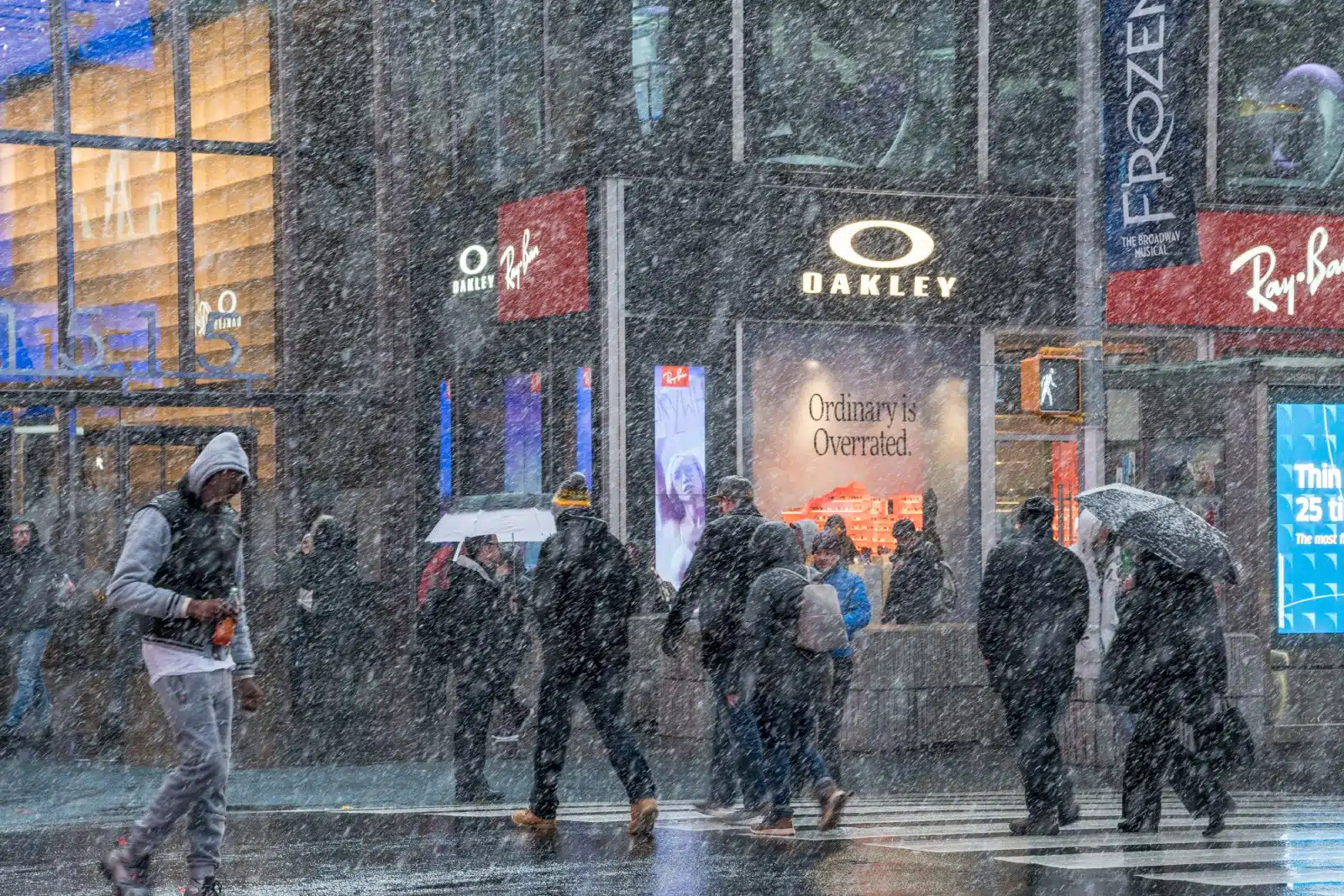
Image Credit: Shutterstock / ApinBen4289
The extreme weather events in question range from severe storms, droughts, flooding, and wildfires. Heatwaves, in particular, are set to keep coming this year.
Dealing with the Heat

Image Credit: Shutterstock / Undrey
Places that don’t usually experience extreme heat are more vulnerable than those with a history—this is due to preparedness and management.
Protect the Vulnerable
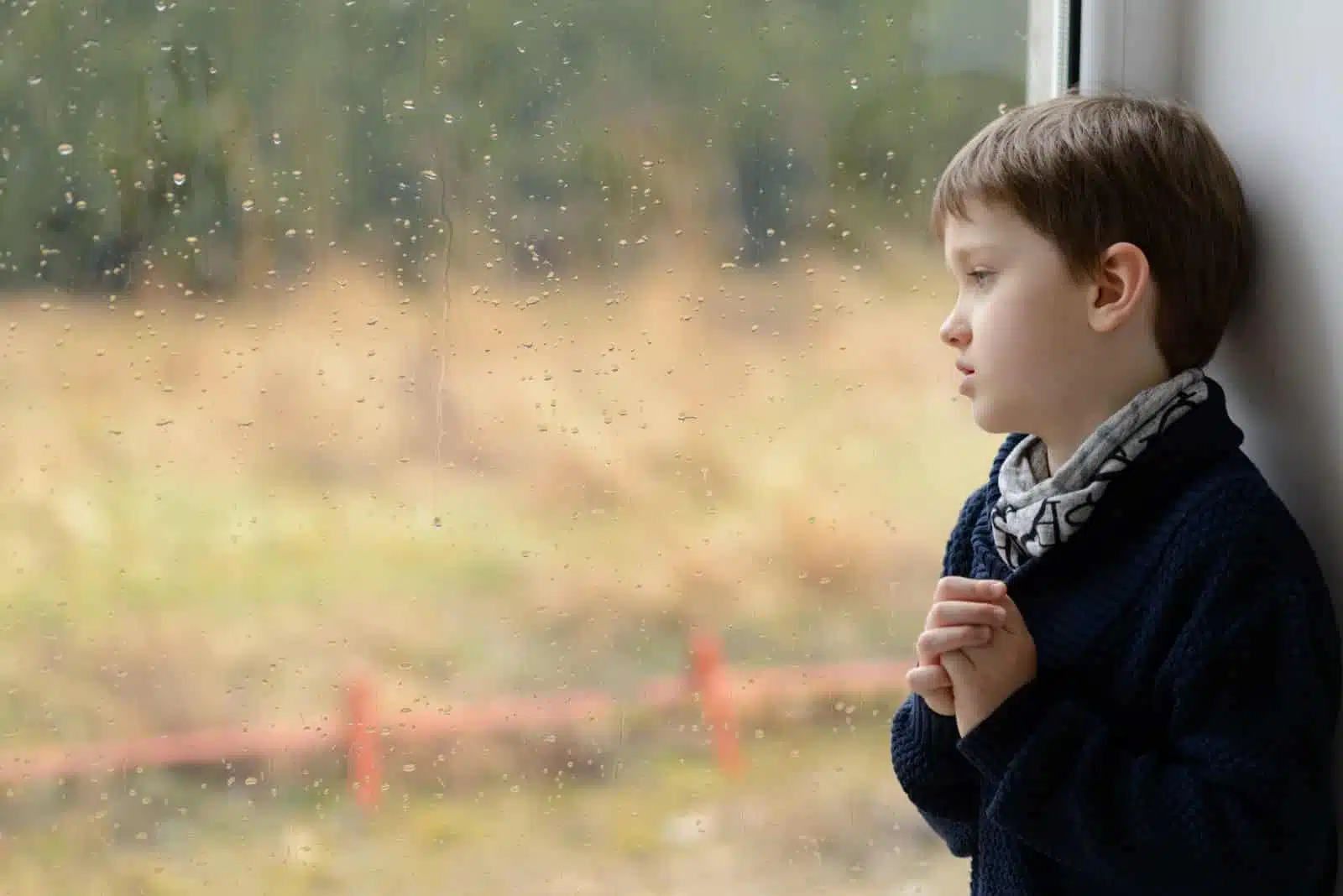
Image Credit: Shutterstock / Daniel Jedzura
Higher temperatures tend to have a more dramatic effect on the elderly, children, and babies – so it is important to check in on loved ones and see what resources are available to help.
Community Resources
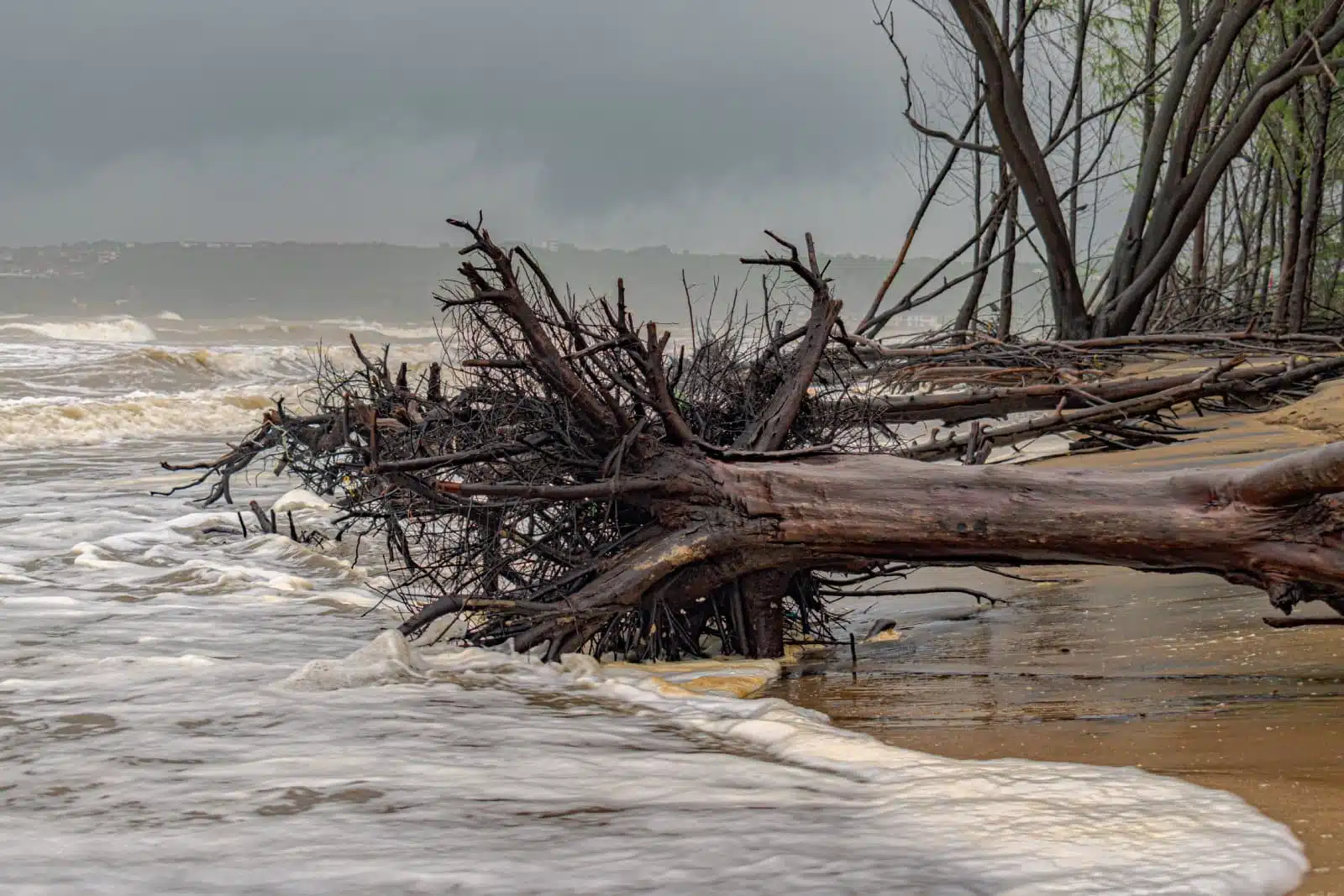
Image Credit: Shutterstock / Ashish_wassup6730
Part of Biden’s work includes a new National Climate Resilience Framework to help make communities more resilient. This includes measures to strengthen the electric grid and building infrastructure to help in cases of flooding, hurricanes, and storms.
Keeping Cool
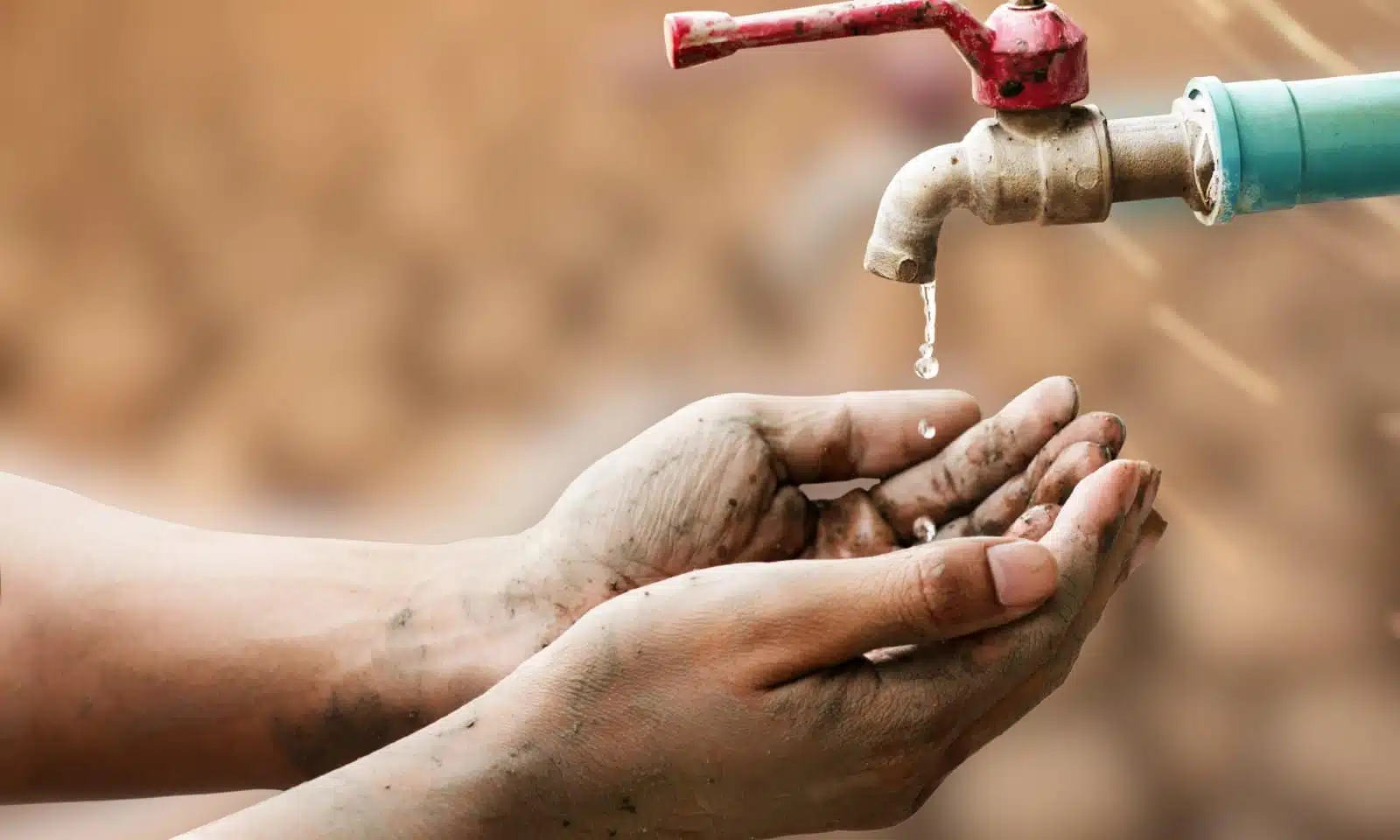
Image Credit: Shutterstock / Keshi Studio
This work also includes work to help conserve water and ensure air-conditioned buildings are available for those who need refuge from the heat. The National Center for Healthy Housing (nchh.org) has a directory for state support, including information on Cooling Centers and where to find them.
Looking Ahead
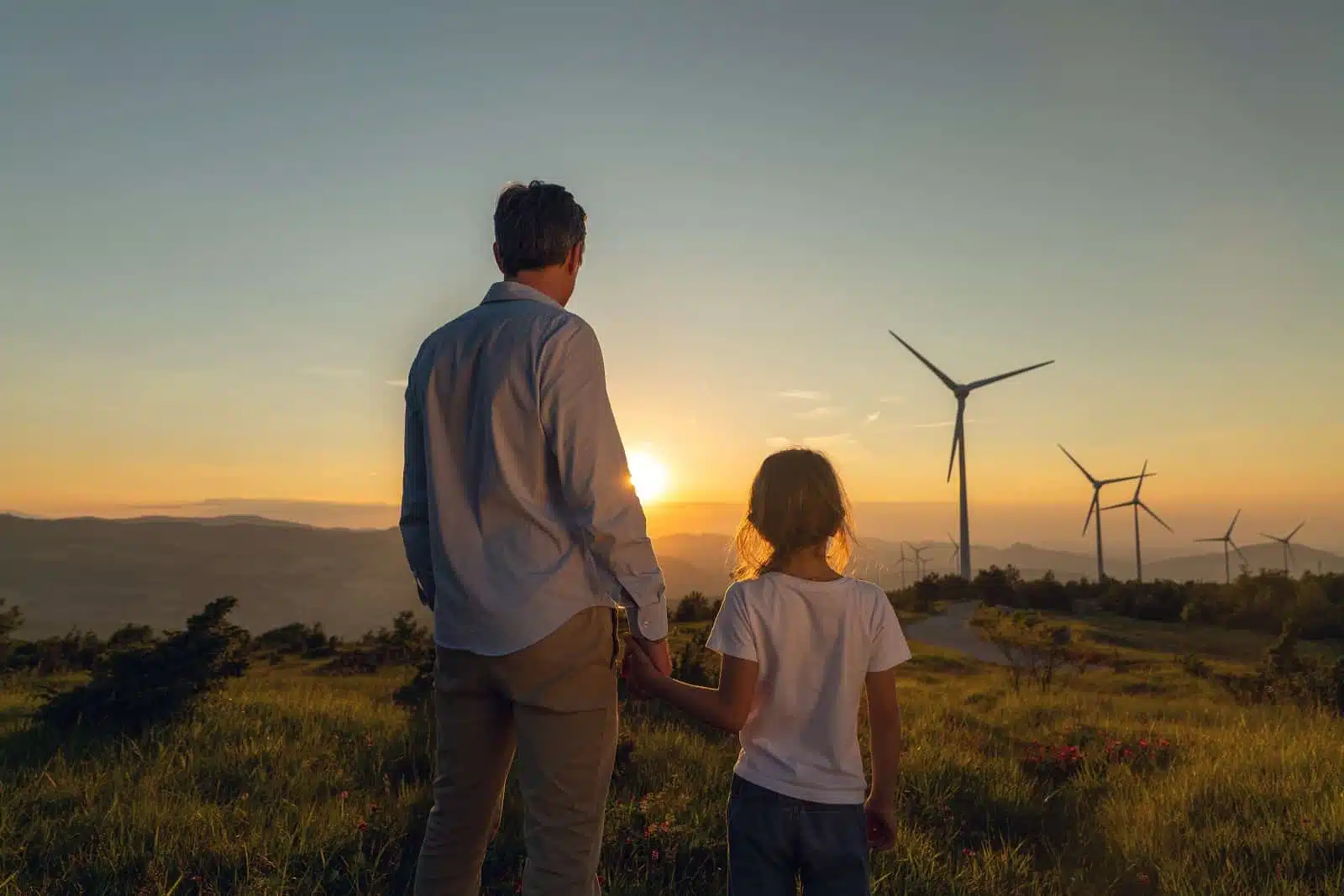
Image Credit: Shutterstock / Kitreel
While we can’t know exactly what to expect, all the evidence points to severe consequences for our planet if we don’t make drastic changes as soon as possible. Governments, businesses, charities, and individuals must be be involved to ensure our collective, long-term futures.
More From The Green Voyage
Top 10 Trending Travel Destinations 2024
6 Essential Banking Apps for International Travel – Managing Your Finances on the Go
Traveling With Kids – 10 Tips to Create Memorable Family Holidays
The post The Final Countdown: Too Late to Save the Planet? first appeared on The Green Voyage.
Featured Image Credit: Shutterstock / Ground Picture.
Tips for Trip Success
Book Your Flight
Find an inexpensive flight by using Kayak, a favorite of ours because it regularly returns less expensive flight options from a variety of airlines.
Book Your Hotel or Special Accommodation
We are big fans of Booking.com. We like their review system and photos. If we want to see more reviews and additional booking options, we go to Expedia.
You Need Travel Insurance!
Good travel insurance means having total peace of mind. Travel insurance protects you when your medical insurance often will not and better than what you get from your credit card. It will provide comprehensive coverage should you need medical treatment or return to the United States, compensation for trip interruption, baggage loss, and other situations.Find the Perfect Insurance Plan for Your Trip
